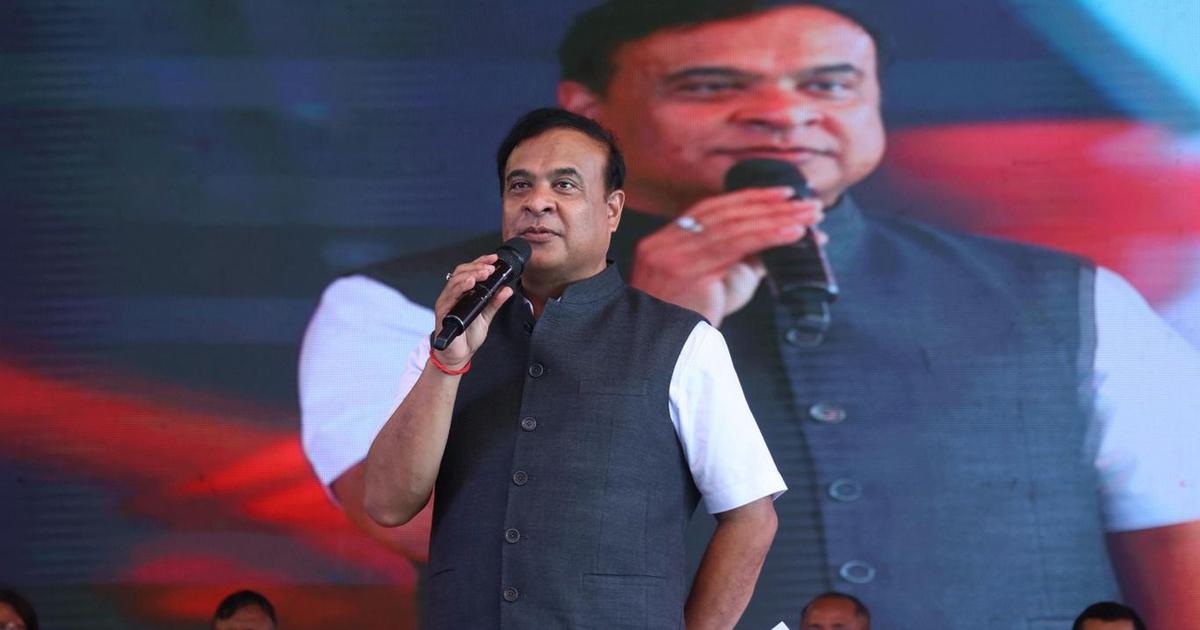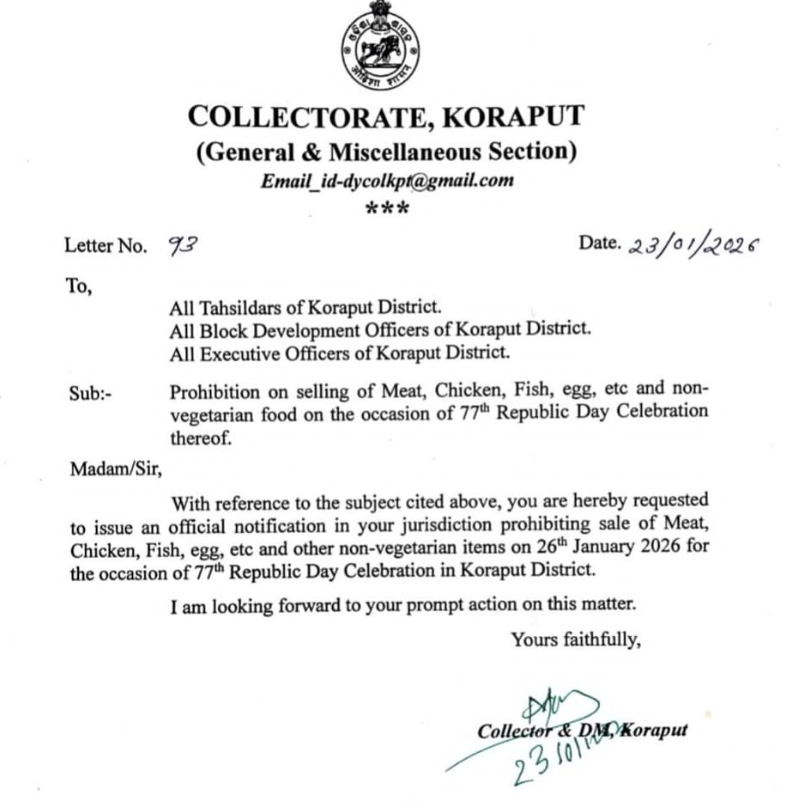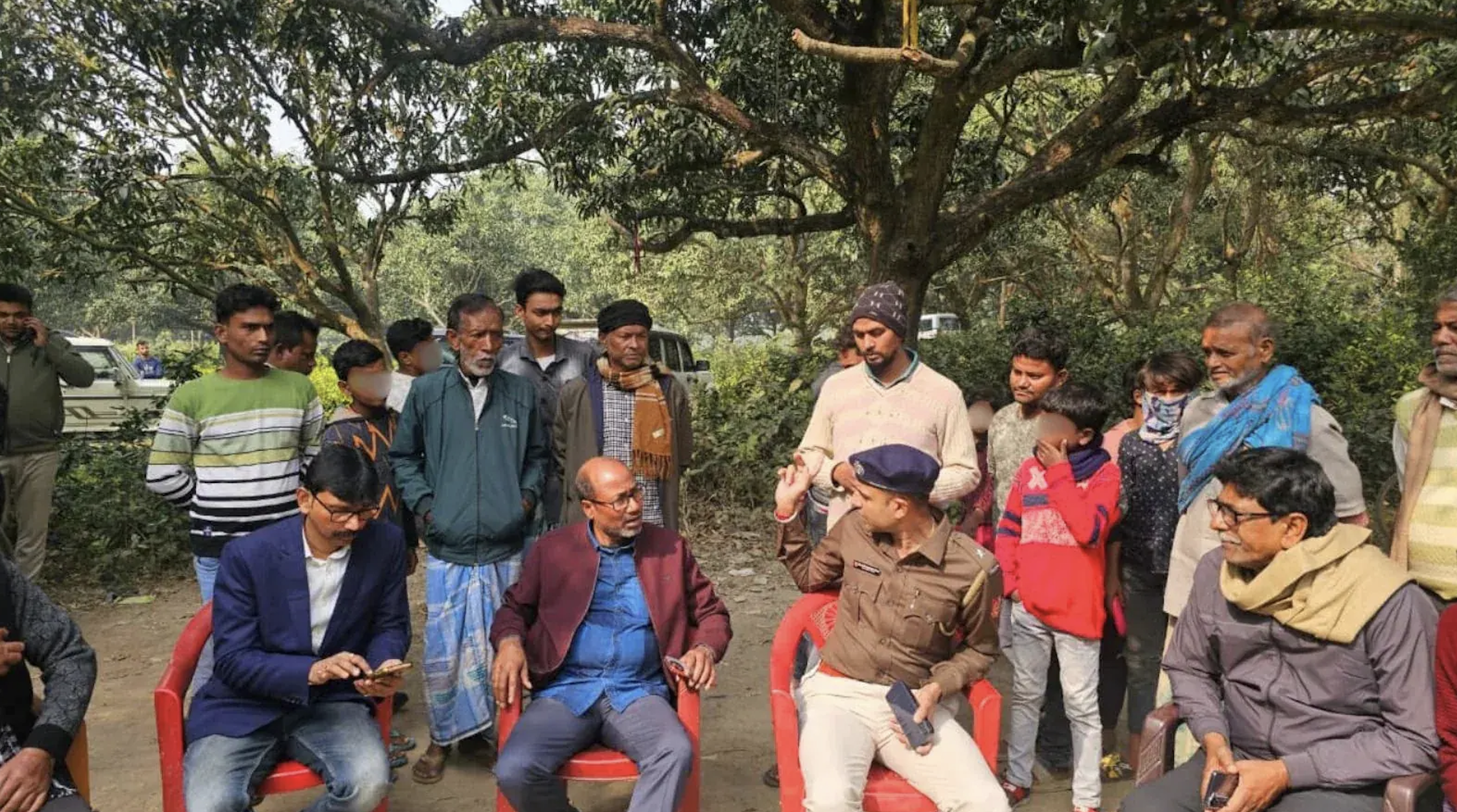
By Mukta Joshi
On a summer evening in 2022, a group of Bengali-speaking Indian American women wrapped up dinner at a restaurant in Plano, Texas. They had just stepped into the parking lot to head back home when they were accosted by a non-Indian woman who began to verbally abuse them, mocking their accents and telling them to “go back to India,” saying, “We don’t want you here.” When the women told her to “get lost,” she began hitting one of them, shouting racist profanities. “Were you born here?” she can be heard asking one of the women in a video of the incident that went viral online. When asked in return, “How do you know we weren’t born here?” the harasser responded, “Because of the way you speak.”
Among the many reacting with outrage to this instance of harassment—which resulted in the perpetrator being charged with hate crimes—was the Hindu American Foundation (HAF), the largest and most vocal organization advocating for Hindus in the United States. The group posted a tweet denouncing the incident, and, notably, lumping it together with another viral occurrence from the same week, this time from Fremont, California. There, a Hindu man waiting in line at a Taco Bell was verbally abused by a fellow Indian American, who called him a “dirty ass fucking Hindu” and a “cow-piss drinker,” and taunted him about not eating beef. HAF wrote that the Plano and Fremont incidents represented the same “seething hatred,” both involving “racist & #Hinduphobic invectives.”
But some have objected to the events being rolled together under one blanket characterization. An immediate family member of one of the Bengali women, who asked to remain anonymous fearing retaliation from the Hindu right, told Jewish Currents that the Plano attack “wasn’t ‘Hinduphobia.’” Instead, the attack on the women targeted “the color of their skin, and the language they were speaking,” they said. The family member expressed concern that defining the incident as specifically anti-Hindu—rather than primarily about anti-Indian racism—could thwart efforts to prevent such harassment: “If the diagnosis is wrong, misguided, or politicized for an agenda, then the solution won’t be successful.”
HAF’s 2022 tweet was just one among scores of claims of “Hinduphobia” that right-wing Hindu American groups have made in recent years. According to a Jewish Currents review of HAF’s public communications, the group labelled more than 200 separate incidents as “Hinduphobic” or anti-Hindu in press releases, website text, and social media posts between 2019 to 2024. Of the flagged incidents, 161 took place in the United States, and 51 were in other countries, mostly Muslim-majority areas of South Asia. “Stop the bigotry. End #Hinduphobia,” HAF posted in December 2021, in response to widespread criticism of American Chargé d’Affaires Atul Keshap’s visit to the headquarters of a Hindu nationalist organization in India. In 2019, when New York Magazine published an article exploring the influence of a fringe, Hinduism-inspired new-age group on Tulsi Gabbard’s life, HAF tweeted a response post by a right-wing Hindu academic called “Today in Hinduphobia . . . New York Magazine’s Sly Attack on Hindus.” Dozens of other HAF communications followed this pattern, and other groups have joined in: The Coalition of Hindus of North America (CoHNA), for example, began collating incidents of “hate and violence against Hindus” on their website in 2020, and a student-led group called Hindu on Campus set up a “Hinduphobia tracker” focused on campus incidents starting in 2021.
Over time, these groups’ attempts to raise the alarm about alleged Hinduphobia have translated into policy. In the past few years, HAF has promoted multiple successful resolutions recognizing Hinduphobia at city and state levels. Recently, Rep. Shri Thanedar (D-MI) introduced House Resolution 1131, a first of its kind attempt to get the US Congress to recognize Hinduphobia. Speaking to Jewish Currents in February, Thanedar confirmed that he had engaged with HAF as well as CoHNA in generating the resolution. “I have been observant about the rise of hate against Hindus over the last couple decades,” he said. “That’s why I approached some of the Hindu groups, and we had a very meaningful discussion with their policy people. That resulted in me taking it upon myself to represent them as strongly as I can in the US Congress.”
However, even as HAF’s narrative around rising Hinduphobia has reached lawmakers, independent verification by Jewish Currents found that a full 75% of the 161 incidents that HAF has condemned as Hinduphobia in the United States did not meet the group’s own definition of the term. Twenty of the incidents involved criticisms of Hindu nationalism or Hindutva—the virulently anti-Muslim ideology that dominates Indian politics both in the subcontinent and diaspora—many of them by academics and journalists. An additional 12 allegations of Hinduphobia were leveled at activists aiming to ban caste discrimination in the US, a move that some diaspora Hindus, adherents of the caste supremacist ideology of Hindutva, brand as biased against Hinduism. Furthermore, while 93 incidents highlighted by HAF did appear to be unambiguously fueled by hateful and discriminatory attitudes, 36 of those featured hate directed not at a person’s religious identity but rather their race, immigrant status, or national origin. An additional 29 of the hateful incidents HAF presented as evidence of systemic Hinduphobia consisted of anti-Muslim and anti-Arab language, many occuring in the immediate aftermath of 9/11. (Jewish Currents was unable to find more information about an additional 24 allegedly Hinduphobic incidents in the US that HAF has condemned. Despite the events still being mentioned on its website, HAF declined to provide sources, with spokesperson Mat McDermott writing: “We don’t have the staff resources to go back and do this research for you, about incidents, for some of them, [sic] are more than two decades ago.”)
This story was originally published in jewishcurrents.org. Read the full story here.






